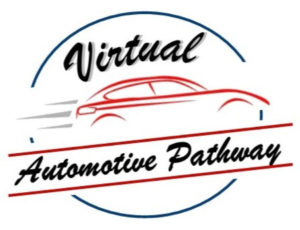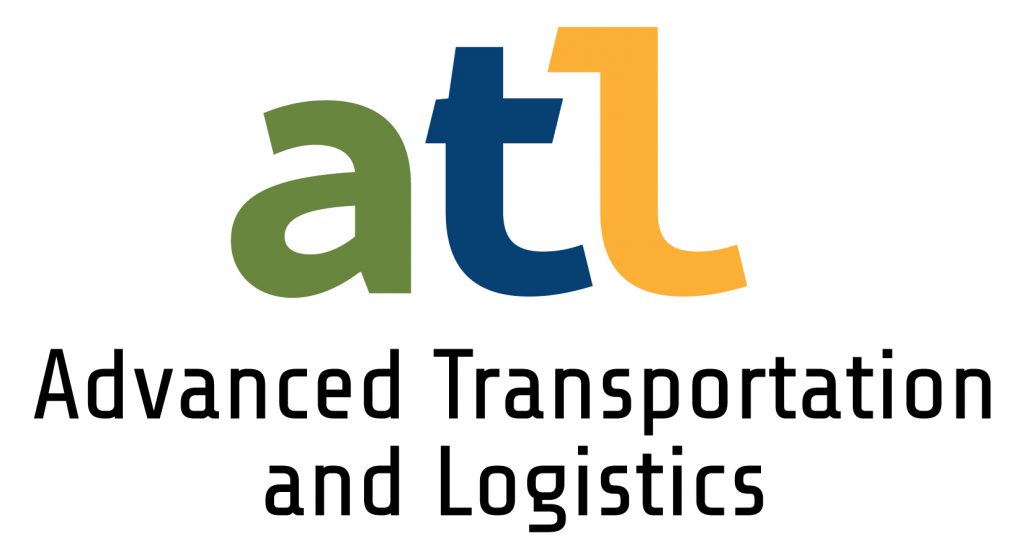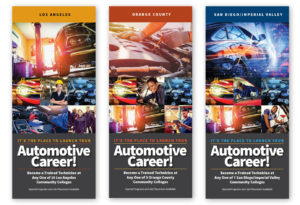 Thanks to a team effort, the Orange County Automotive Pathway event was a resounding success, with some attendees saying it was more valuable than an in-person event would have been.
Thanks to a team effort, the Orange County Automotive Pathway event was a resounding success, with some attendees saying it was more valuable than an in-person event would have been.
The event was a collaboration among the ATL sector, Orange County Automobile Dealers Association (OCADA), Vital Link, five community colleges in the Orange County region, and 25 high school automotive programs.
“The event allowed us to reach high school students and provide them with information about automotive technology programs at Orange County community colleges through a virtual experience custom-designed by Vital Link,” said Jaime Gonzalez, ATL Regional Director for Orange County. “Due to COVID-19 restrictions, in-person open house and recruitment events were not possible. A virtual automotive pathway event was the next best thing; in some ways, we were able to promote our programs better than in person.”
 The event took place over the course of three weeks, each with a different theme. Week one covered “a day in the life of an auto technician,” week two examined skills needed in the auto industry, and week three took a deep dive into career opportunities. Each week featured a mix of exhibits and walk-throughs, pre-recorded videos from industry leaders and college instructors, and live panel sessions where students could ask questions about careers in automotive technology.
The event took place over the course of three weeks, each with a different theme. Week one covered “a day in the life of an auto technician,” week two examined skills needed in the auto industry, and week three took a deep dive into career opportunities. Each week featured a mix of exhibits and walk-throughs, pre-recorded videos from industry leaders and college instructors, and live panel sessions where students could ask questions about careers in automotive technology.
Vital Link, an organization dedicated to preparing students for the workforce through experiential learning, created and hosted the event on its web and mobile apps.
“Our mission is to impact students and help them find exciting careers, so our hope is that we achieved that mission for students interested in careers in automotive technology,” said Vital Link President Brian Dozer. “We hope that our local community college partners see an increase in interest and enrollment in their programs as a result of the event.”
OCADA filmed technicians and service managers in its dealerships to give students an idea of what a typical work day looks like in those jobs. Service managers also spoke about what they look for in an ideal candidate, how to advance in a career, how to earn a six-figure salary, and more.
When asked how to move to a line tech position, a Santa Margarita Toyota Panel Session participant gave some key advice. “The first thing is to have a good attitude, be willing to learn, show us you care about the industry by providing ASE certifications, and know how to use more than basic tools. You also want to know how to position yourself when working on a car, so you don’t hurt yourself.”
Ian McKinley, Fixed Operations Director at Santa Margarita Toyota pointed out that the electrification of vehicles is going to become the standard. “Understanding electricity in general is probably the most under-valued skill a tech can have because a majority of cars now are computers,” he said. “If you understand electricity and can isolate a problem using standard electrical principles, you’ll be much better off.”
Deputy Executive Director Kim McPhaul said OCADA was excited about the opportunity to reach students in a new way and pleased with how the event turned out.
“By sharing the excellent career opportunities in dealerships, we hope more high school students learn that what they love doing (working on cars and trucks) can be a smart career choice,” McPhaul said. “The best path to that career is at an Orange County Community College automotive program. We also aim to educate parents about the excellent financial benefits this high-tech career offers and about Dealers’ scholarships that can support their son or daughter at community college.”
In addition to the variety of programming offered, attendees appreciated the fact that the event included a Spanish-only panel. Noemi Castro Rodriguez, Automotive Instructor at Saddleback College, said this type of inclusivity will go a long way toward breaking down barriers for women and people of color in the automotive industry.
“After 19 years of being in this industry, I appreciate the opportunity to be able to share my experiences through this amazing opportunity,” she said. “I strive every day to empower each student that I teach and every person that ever asks me for advice when joining this industry. Despite our struggles that we may see, I hope that one day they look back at our collective message on this panel and realize that they too can be where they want to be, and nothing can stop them from achieving those goals, dreams, and aspirations.”
Even those who were skeptical of the virtual format saw its value as the weeks went on and now look forward to keeping the momentum going throughout the rest of the spring semester and beyond. Russ Bacarella, an instructor at Cypress College, said he was pleasantly surprised when he saw how much students engaged in the programming and how many good questions they had during the live Q&A sessions.
“Because of the enthusiastic response from the students at the automotive pathway event, I feel there will be a larger pool of automotive students interested in pursuing a career in the automotive field,” Bacarella said. “It helped renew relationships with the people that have been instrumental in creating pathways from high school programs to the college programs which are marquee to the success for a community college like Cypress.”
David Diaz, the Automotive Shop Coordinator at Fullerton College also looks forward to welcoming new automotive students into Fullerton’s program. “I hope that aspiring automotive tech students and their families changed their perspective about the automotive industry after listening to the diverse panels,” Diaz said. “The automotive technology industry is a constantly evolving sector with plenty of job opportunities and potential for professional growth.”


